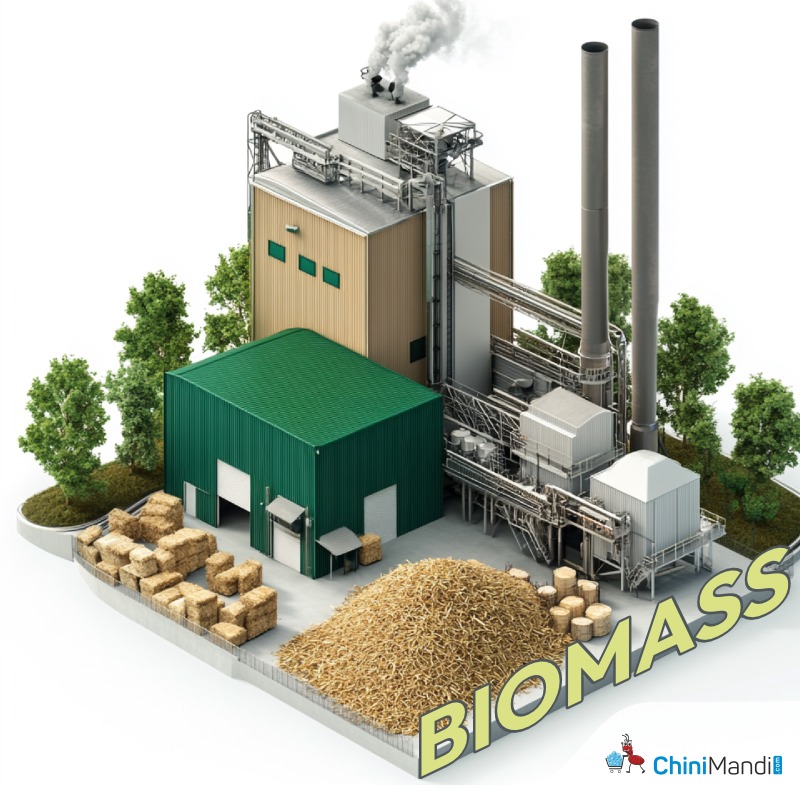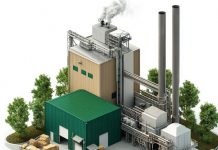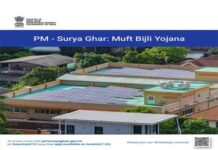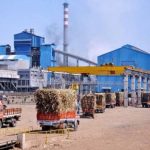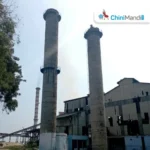The Ministry of New and Renewable Energy (MNRE) has issued revised guidelines for the Biomass Programme under Phase-I of the National Bioenergy Programme, applicable for the period FY 2021–22 to 2025–26. These amendments aim to promote cleaner energy solutions, ease of doing business, and accelerate the adoption of biomass technologies across India.
The revised framework streamlines several procedures, including a reduction in documentation and relaxed approval norms. These adjustments are expected to help industries—particularly micro, small, and medium enterprises (MSMEs)—increase their production capacity. The changes also support improved stubble management and align with India’s commitment to achieving net-zero carbon emissions by 2070.
A key feature of the updated guidelines is the integration of more accessible technology. Instead of mandating costly systems like SCADA, the guidelines now allow the use of Internet of Things (IoT)-based monitoring tools or quarterly data submissions. This cost-effective alternative enhances digital monitoring and ensures better accountability, particularly for smaller enterprises.
The documentation requirements for setting up briquette and pellet manufacturing facilities have also been simplified. Developers are no longer required to submit multiple documents for various clearances, significantly reducing time and improving ease of doing business.
To offer greater flexibility, the previous mandate for a two-year briquette or pellet sales contract has been replaced with a more adaptable general sales agreement. This change empowers project developers to respond swiftly to shifting market conditions and eliminates the need for long-term commitments to begin operations. The revised rules permit flexible sales arrangements for biomass products.
Additionally, the mechanism for disbursing subsidies under the Central Financial Assistance (CFA) component has been made more transparent and tied to project performance. Projects operating at or above 80% efficiency will receive the full subsidy, while those below this threshold will be funded on a pro-rata basis.
The performance inspection timeline has also been made more flexible. Instead of requiring inspections within 18 months from the commissioning date, projects can now be evaluated within 18 months either from commissioning or from the date of In-Principle Approval—whichever is later. The MNRE Secretary also has the authority to grant extensions to address on-ground challenges faced by developers.
Previously, performance assessments were based on three consecutive days of operation at 80% of rated capacity, measured over 16 hours per day. The revised guidelines now require only a single 10-hour continuous operation for performance verification, making the inspection process more efficient while still ensuring reliability.
In light of the urgent need to reduce air pollution from stubble burning, especially in northern India, the new guidelines offer biomass pellet producers in Delhi, Punjab, Haryana, and NCR districts of Rajasthan and Uttar Pradesh the option to choose the most advantageous support scheme, whether from MNRE or the Central Pollution Control Board (CPCB).
These changes are expected to facilitate smoother execution of the biomass programme, enable timely disbursement of financial support, and encourage more investment in biomass-based facilities. Ultimately, this will help curb the issue of crop residue burning and promote sustainable management of agricultural waste.
In summary, the revised guidelines aim to simplify business operations, incentivize efficient energy production, and advance India’s clean energy goals, all while supporting practical solutions to waste management and pollution control.

